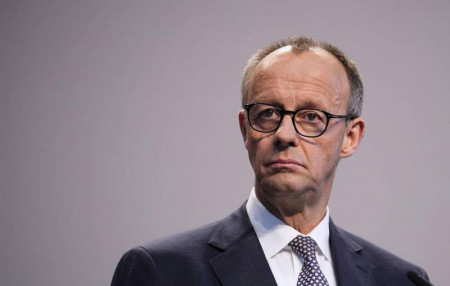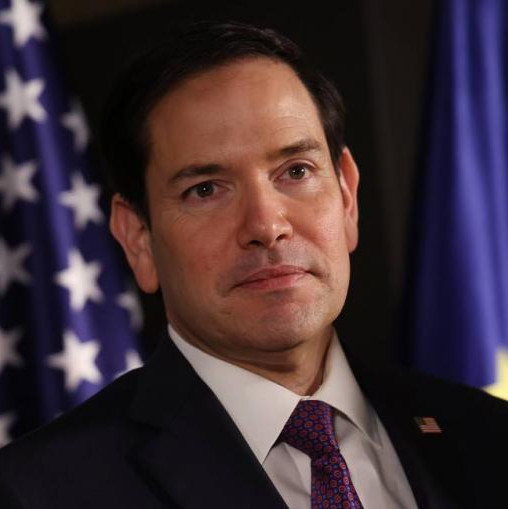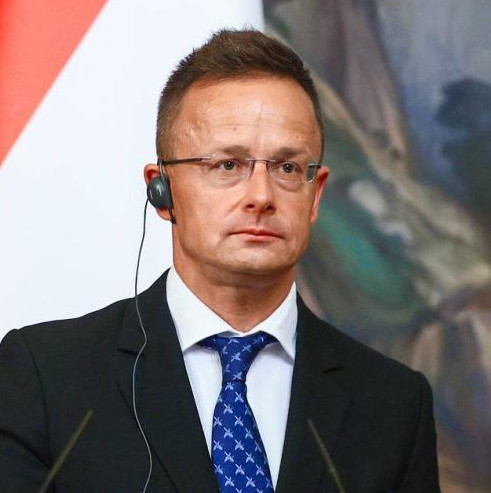
A truly sensational news has come from Berlin, where Tuesday, May 6 saw the Bundestag elect a new head of government — the Chancellor of Germany. The legislators did succeed after all, but not on the first try. Friedrich Merz (CDU) was expected to become the new Chancellor, but shortly after 11 a.m. local time, following the announcement of the first-round results, the Bundestag session had to be suspended. Why? Friedrich Merz, the key hopeful, failed to secure the so-called "chancellor’s majority." In the secret voting, he only got 310 votes out of the 621 cast — six short of the required 316.
The shock not only lies in self-assured Merz’s failure but in the fact that this has been the first time in German history that a candidate proposed after successful coalition negotiations has been denied support by the country’s parliament. The CDU/CSU bloc holds 208 seats in the Bundestag, while its coalition partner, the SPD, has 120 — giving them a combined total of 328. The current Bundestag comprises 630 members. Under the German constitution, a chancellor must secure "a majority of members in the Bundestag." In other words, Merz needed not just a majority of the voting MPs but a majority of all the parliamentarians, regardless of whether they engaged — meaning at least 316 votes. That’s what the "chancellor’s majority" is.
Notably, the combined seats of the CDU/CSU and the SPD exceed Merz’s required majority by a dozen mandates. Yet, since the secret voting proceeded without prior debate, it’s now nearly impossible to determine exactly which of his allies voted against him, abstained, or even spoiled their ballots, rendering them invalid.
Berlin’s Tagesspiegel suggests that motivations of Bundestag members as regards Merz’s candidacy could vary a lot. Some may be unpleased with their future coalition partner, while others in the opposition might fear snap elections that could cost them their cozy seats and Bundestag positions. In any case, the first-round results are not just "a major failure for Merz" but also " a potentially beginning of the end for the CDU/CSU-SPD coalition," the paper writes, citing unnamed politicians.
Under German law, a second round of voting must take place no later than two weeks after the first one. But the government opted against a pause, instead invoking a rule that allows an early second round the same day — provided two-thirds of the Bundestag approve the move. Since the CDU/CSU and SPD, even backed by the increasingly belligerent Greens, couldn’t muster the necessary two-thirds majority, Merz’s bloc reluctantly turned to the Left party it deeply dislikes. Negotiations with the latter were apparently good, because the future ruling coalition could easily dangle tempting incentives — like the promised €100 million for the Greens’ eco-projects.
By Tuesday evening, the second round was held, and on his second attempt, CDU chairman Friedrich Merz became Germany’s tenth Chancellor. A total of 618 lawmakers voted: 325 of them said "yes," 289 said "no," one abstained, and three ballots were found invalid. Merz then proceeded to Bellevue Palace, where President Frank-Walter Steinmeier formally appointed him Chancellor — head of the coalition Cabinet with the SPD.
Yet the manner in which Merz, after his first-round failure, managed to push through the chancellorship the same day by forcing an early second round has raised eyebrows among politicians and the media. Alexander Dobrindt, a CSU lawmaker and future interior minister, literally apologized on German TV for the CDU/CSU’s "impelled" negotiations with the "unlikeable" Left party, necessitated by their lack of a two-thirds majority.
"In this situation, we had to reach out to the Left Party," Dobrindt admitted. "Even if some might not like their political colors, engaging with them was the right move." He added that if cooperation of the kind is needed again in the future, the CDU/CSU bloc would not shy away. When reminded of the CDU’s past resolution against collaborating with the Left Party, Dobrindt brushed it off: "Well, that was a long time ago." Incidentally, to secure the two-thirds majority for an early second round, the CDU/CSU and SPD — already backed by the Greens — had as many as two options on the table: seeking support from the far-right Alternative for Germany (AfD) or the Left Party. But since the AfD has been branded politically untouchable in Germany, they had no choice but to bow to the Left.
As a result, the CDU/CSU-SPD coalition has begun its term in a precarious position: it only holds a slim majority (52 percent) in the Bundestag, "owing" favors to both the Greens and the Left. Worse still, looming over Merz’s government like a storm cloud is the largest opposition faction in parliament — the AfD, with its 152 seats. Party co-chair Alice Weidel has every reason to believe this new ruling coalition will collapse long before its regular term comes to an end in 2029.







